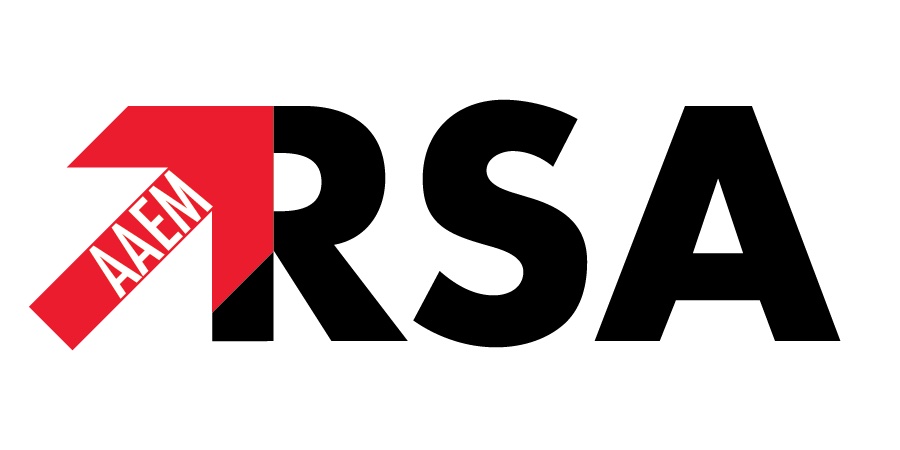Emergency Medicine Attending Physicians with various levels of experience were anonymously surveyed on what they would advise newly graduating residents to look for when signing contracts for future employment. Here’s what they had to relay (results have been compiled into one statement per question):
Regarding contracts you have signed as an emergency physician, what should be looked at most cautiously when analyzing an employment contract?
Respondents stated that before signing a contract you should understand and analyze:
- Fair hearing rights (Due Process)
- Restrictive covenants
- Ownership rights
- Lay ownership
- Non-compete clauses
- Benefits (such as medical)
- Type of malpractice coverage (with tail or no tail coverage)
- Bonuses
- Payment schedule (whether RVU based or otherwise)
How many hospitals/ groups should we talk to before committing to a contract?
All-in-all, respondents seemed to stress that you should first pick your location, then type of practice, and then democratic group (or employee of university). This will leave you with a few options to consider.
Have you ever found something you have disliked in a contract after having signed it? How could others avoid this?
Many of the respondents stated that they had done their due diligence before signing a contract, some even enlisted a lawyer before signing and recommended this practice. One respondent stated that they had seen other EM physicians sign contracts without realizing they waived their due process rights.
Is there any specific language that we should be aware of, particularly around legal protection?
One respondent mentioned that due process waivers are now often more disguised. Beware of clauses that state that you acknowledge that protections in the bylaws do not apply to you (i.e.: no due process/fair hearing rights).
What are some perks that newly graduating EM residents should look for in a contract?
The answers were consistent with this question, and included signing bonuses, relocation expense coverage, and benefits and importantly a strong retirement package. One respondent stated: “Don’t be swayed too much by a signing bonus. Good benefits and a retirement package will go a much longer way in the long run.”
What parts of a contact are generally negotiable and what parts are set?
Respondents stated that everything should be negotiable. However, some hospitals or groups that want to deny your basic practice rights will often not yield on the fair hearing issue. You should walk away from those types of groups/hospitals. The most negotiable aspects seem to be the starting salary, signing/moving bonus, and starting hours.
What general advice/ tips can you offer when looking for a first/new contact?
One respondent said to get legal advice, as it is “worth the cost. There are just too many traps in contracts to navigate this minefield without legal assistance.” Another respondent stated to “Never sign on the same day that you interview for the first time. I don’t care how much you like the place. Go home and think about it first. If they pressure you to sign right away, consider that a red flag.”
Where can EM residents get more help regarding contract signing?
“Look at the “contract” page on the AAEM website. It is a collection of resources”, said one respondent. You can find a link to the page they are referring to here. Talk to those around you, suggested another respondent. “Ask your PD! Recent grads! Network at conferences!”
